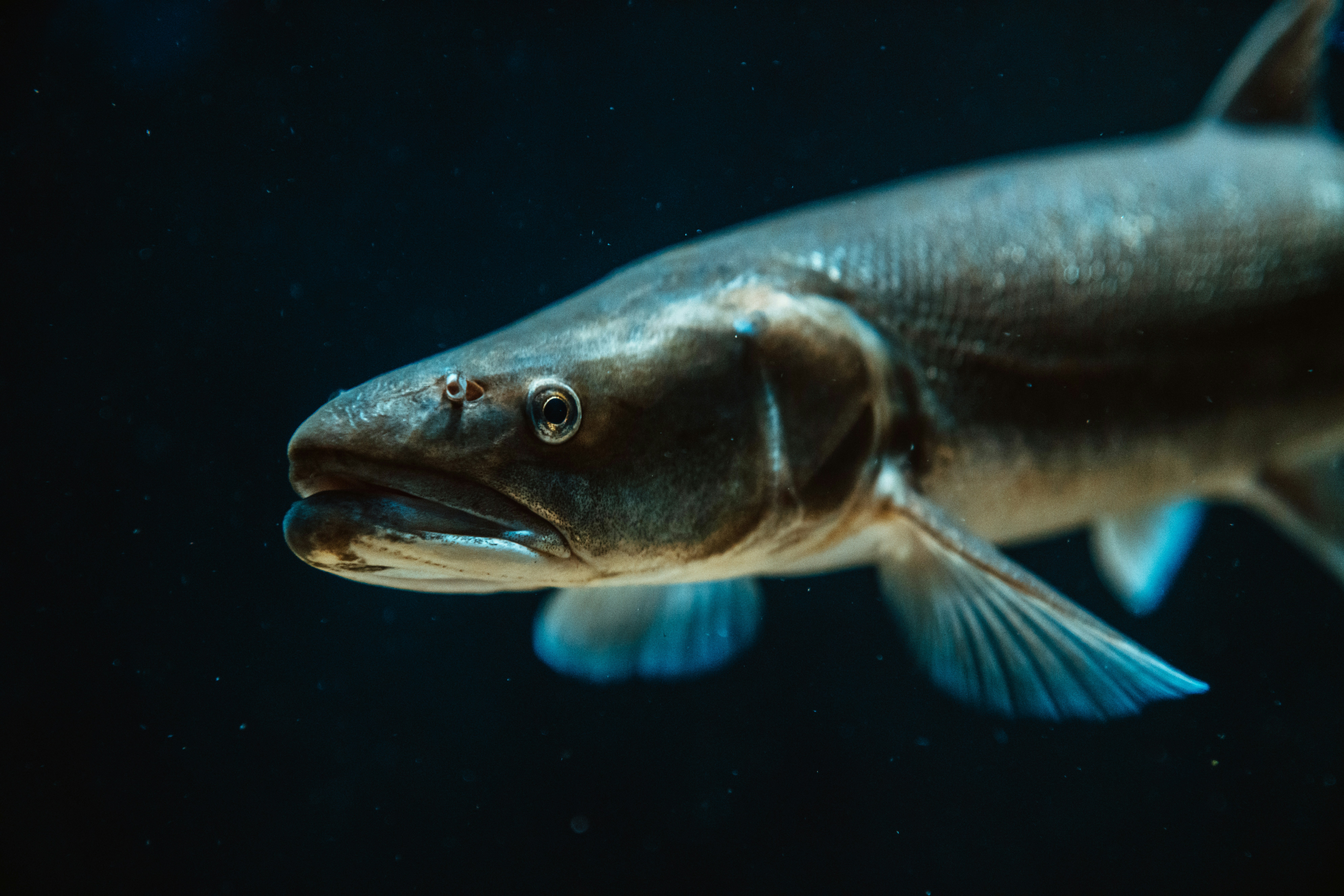News release
From:
Freshwater fish and the Cretaceous/Palaeogene boundary: A critical assessment of survivorship patterns
The asteroid impact marking the end Cretaceous famously shaped the modern biota by killing off some lineages, such as non-avian dinosaurs, while promoting the success of others, such as mammals. In this study, we examined the hypothesis that the end Cretaceous had surprisingly little effect on freshwater fish, whose survivorship during climatic stress is of increasing interest as society confronts the implications of our current biodiversity crisis. A synthesis of genomic and fossil data indicates that some major freshwater groups actually expanded after the event with localized drops in diversity taking more than 100K years to recover.



 International
International



